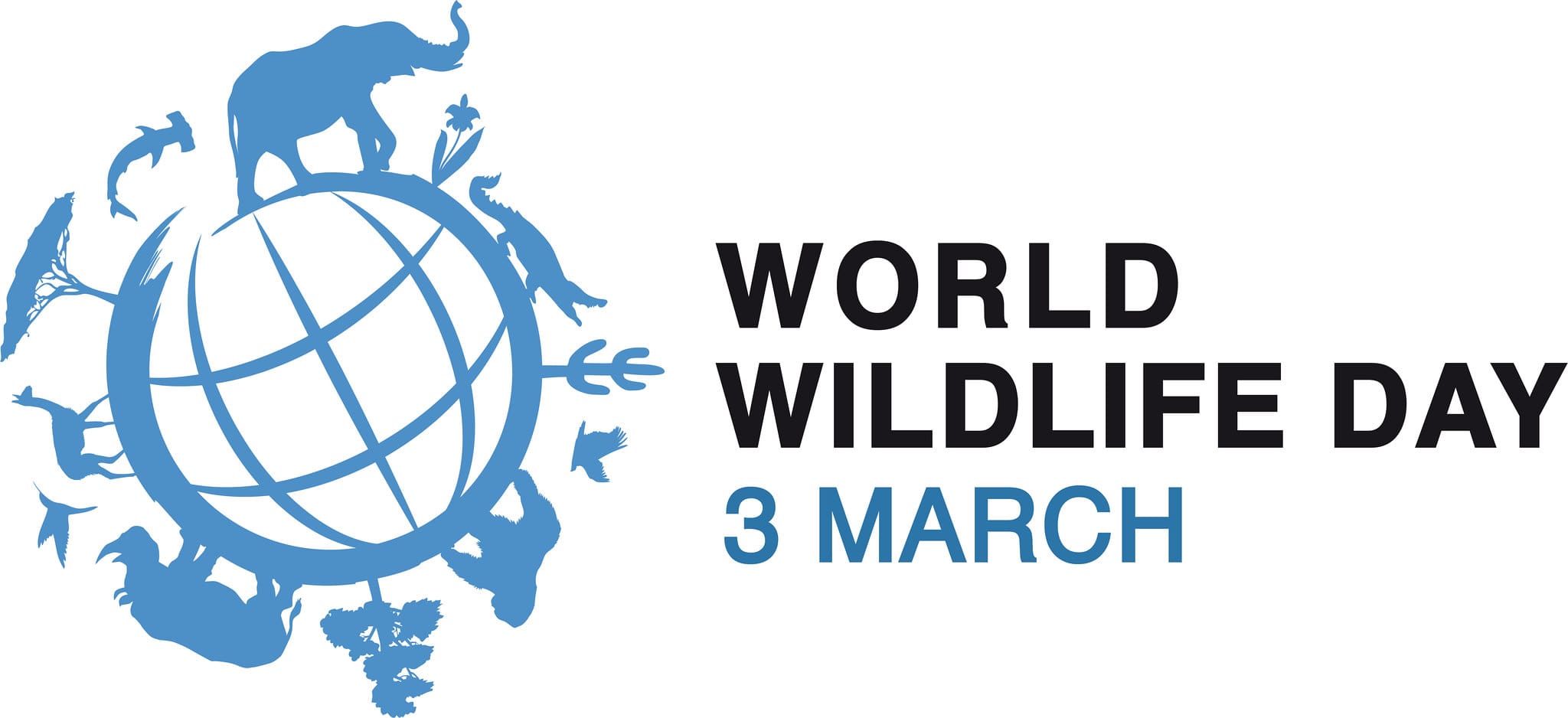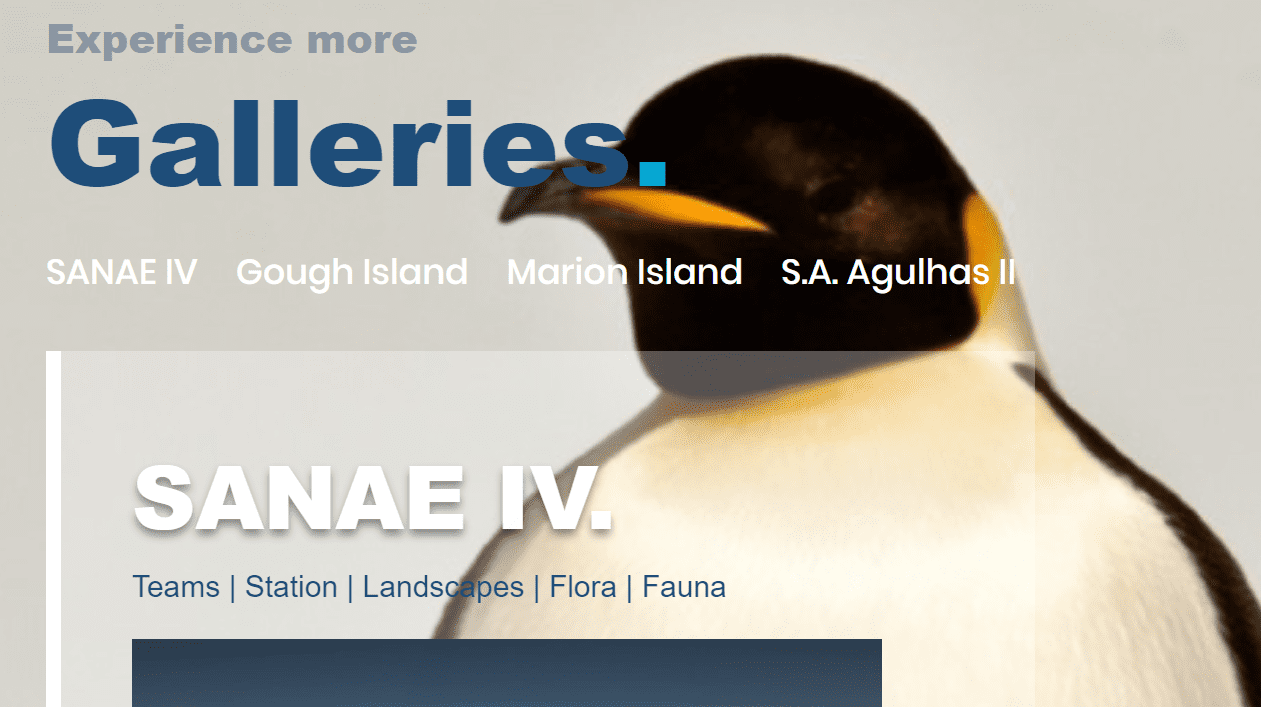 On World Wildlife Day 2020, we will celebrate the special place of wild plants and animals in their many varied and beautiful forms as a component of the world’s biological diversity. World Wildlife Day in 2020 is celebrated under the theme “Sustaining all life on Earth”, encompassing all wild animal and plant species as key components of the world’s biodiversity. This aligns with UN Sustainable Development Goals 1, 12, 14 and 15, and their wide-ranging commitments on alleviating poverty, ensuring sustainable use of resources, and on conserving life both on land and below water to halt biodiversity loss. On 20 December 2013, at its 68th session, the United Nations General Assembly (UNGA) proclaimed 3 March – the day of signature of the Convention on International Trade in Endangered Species of Wild Fauna and Flora (CITES) in 1973 – as UN World Wildlife Day to celebrate and raise awareness of the world’s wild animals and plants.
On World Wildlife Day 2020, we will celebrate the special place of wild plants and animals in their many varied and beautiful forms as a component of the world’s biological diversity. World Wildlife Day in 2020 is celebrated under the theme “Sustaining all life on Earth”, encompassing all wild animal and plant species as key components of the world’s biodiversity. This aligns with UN Sustainable Development Goals 1, 12, 14 and 15, and their wide-ranging commitments on alleviating poverty, ensuring sustainable use of resources, and on conserving life both on land and below water to halt biodiversity loss. On 20 December 2013, at its 68th session, the United Nations General Assembly (UNGA) proclaimed 3 March – the day of signature of the Convention on International Trade in Endangered Species of Wild Fauna and Flora (CITES) in 1973 – as UN World Wildlife Day to celebrate and raise awareness of the world’s wild animals and plants.

Azorella selago (Photo Credit: Niek Gremmen)

Antarctic Tern (Photo Credit: Tom McSherry)
The South African National Antarctic Programme (SANAP) plays a crucial role in conserving this living laboratory – – the coldest, windiest and driest place on Earth. Studies done in the Antarctic, sub-Antarctic and Southern Ocean are inextricably linked to our understanding of the entire Earth system and signals in Antarctica indicate past and future global changes. SANAP recognises the global and national importance of safeguarding the environment of the Antarctic and Southern Ocean and protecting the integrity of ecosystems, both marine and terrestrial, in the region.

Weddell Seal – Photo Credit: Chris Oosthuizen

Photo Credit: Ben van der Walt
SANAP slogan “Understands, Develop and Conserve is celebrating World Wildlife Day 2020.  See amazing images on the SANAP website under galleries of the different stations of South Africa. Go to the ALSA archive and look for the interaction images of man and the environment
See amazing images on the SANAP website under galleries of the different stations of South Africa. Go to the ALSA archive and look for the interaction images of man and the environment






